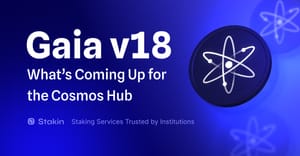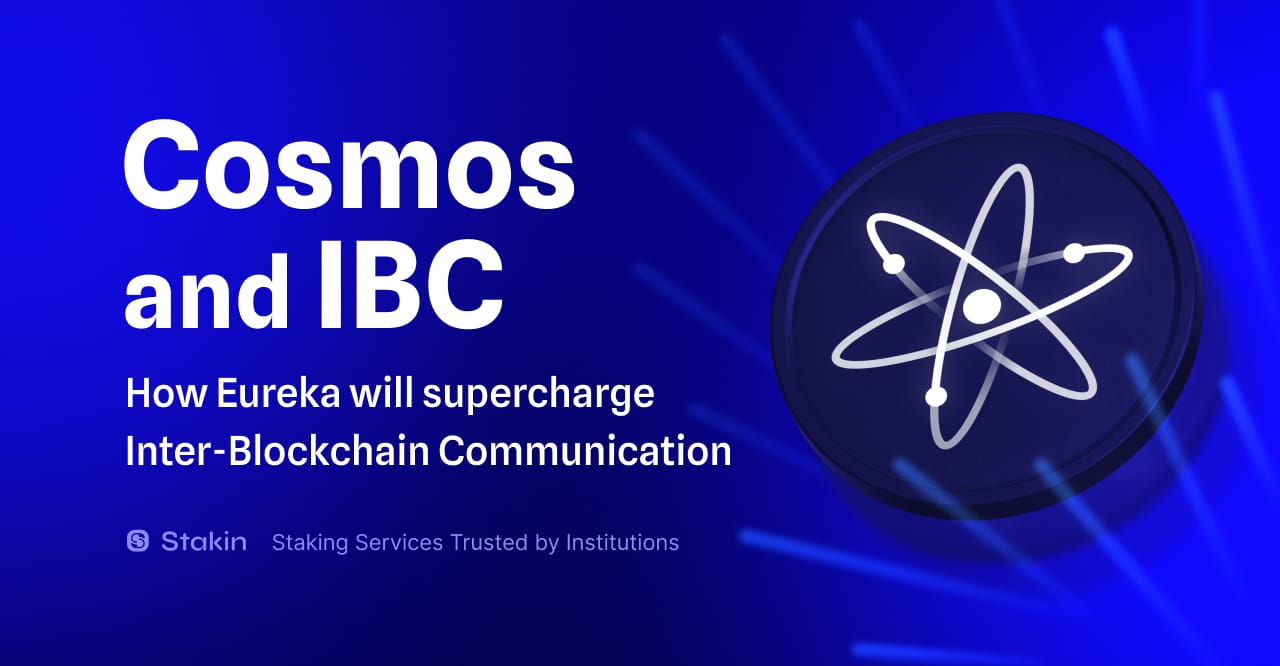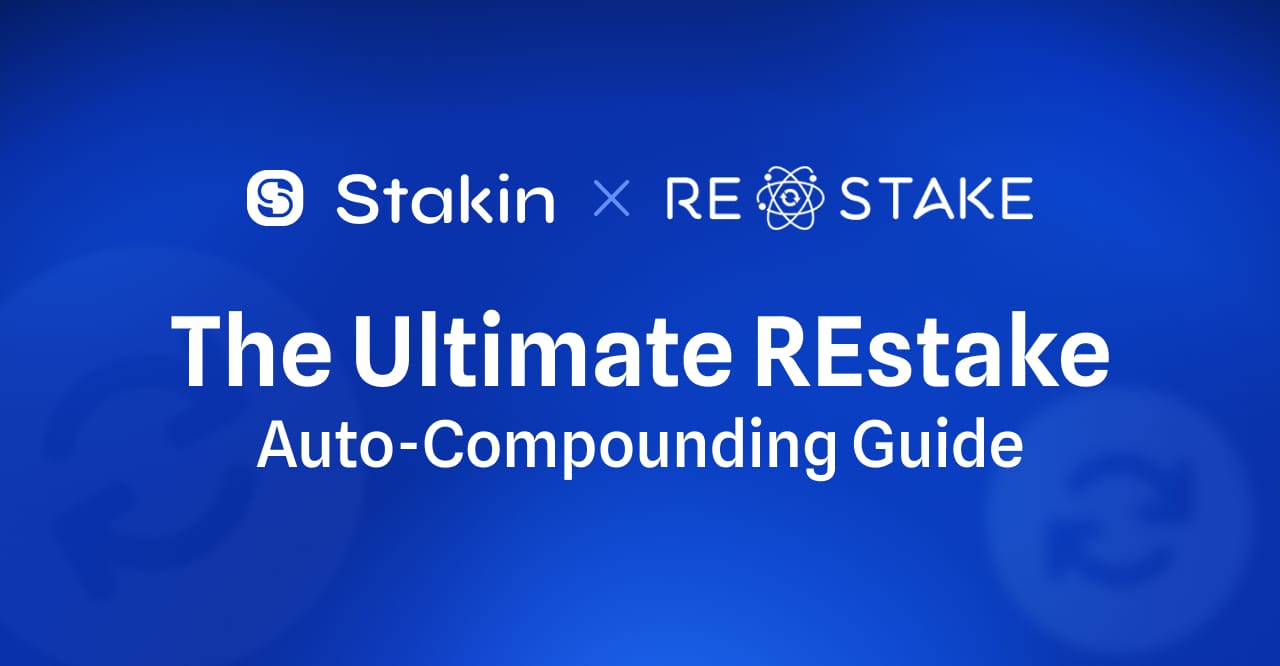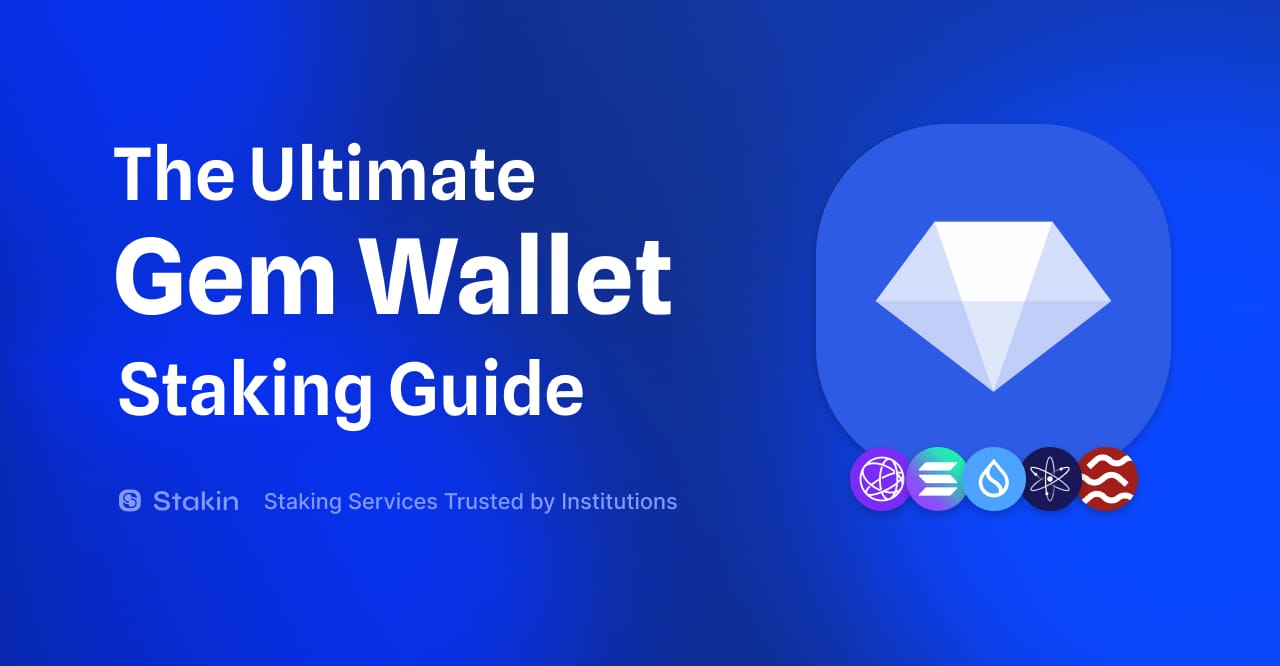The upcoming Gaia v18 software upgrade for the Cosmos Hub is set to bring significant enhancements and new features. Scheduled for July 17th (block #21330500), this upgrade has generated substantial anticipation within the community, with Stakin already casting a supporting vote on proposal #937. In short, the v18 software upgrade brings permissioned CosmWasm for on-chain deployment, Dynamic base fees, and expedited proposals. In this article, we will look into the upgrade's key components and their implications for the Hub.
Permissioned CosmWasm: Smart Contracts on the Hub
CosmWasm is a smart contract platform designed for the Cosmos ecosystem, allowing developers to write and deploy decentralized applications (dApps) in a flexible and efficient manner. While it has been implemented on various Cosmos chains, its introduction to the Cosmos Hub has been a topic of intense debate.
Going forward with a permissioned CosmWasm, rather than a permissionless approach means that the deployment of smart contracts will be governed by community approval, rather than being open to all developers. Each contract proposal will undergo a review and approval process, ensuring higher security and oversight. However, it has been argued that only a group of experts should have the permission, and only approval is at the hands of community members. This way, there would be no random proposal submitted by the community for the approval of the community, but rather thoroughly evaluated and carefully prepared proposals by experts that are then approved or vetoed by the community.
Pros of Permissioned CosmWasm:
- Minimized Risk: By governing the deployment of each contract, the risk of exploits and vulnerabilities is significantly reduced.
- Spam Prevention: Governance gating discourages spam or wasteful contracts, maintaining the quality and utility of the deployed contracts.
- Focused Functionality: This implementation is not intended to compete with other chains like Neutron but to provide specific functionalities that are otherwise impractical to achieve.
Cons of Permissioned CosmWasm:
- Slower Deployment: The governance process can slow down the deployment of new contracts, potentially hindering rapid innovation.
As an outcome, the Cosmos Hub wants to become a leader in restaking within the Interchain ecosystem. This means that the reliability and efficiency of governance processes need to be improved. Especially, onboarding and managing consumer chain relations and treasury management. The permissioned CosmWasm could help the Hub to achieve this and is the next step in the evolution of the network.
Dynamic Fee Module: Improving Transaction Efficiency
The new Feemarket module will enable dynamic adjustment of the base transaction fee based on block utilization. As transaction volume increases, so will the base fee, optimizing the network's fee structure and overall performance.
Currently, a Global Fee Module controls the fees on the Cosmos Hub. It gets the job done but is very basic and has limited capabilities. Transactions cost a minimum fee, regardless of the load or demand on the network. This makes it challenging for the network to capture any additional revenue when there is increased volume. The current solution would be for the validators to monitor mempool and locally adjust the configuration file. This means that end users don’t have transparent information about the transaction fees. Wallets and front-end applications then have to find out the validator level fee that is set beyond the base fee. Which can cause transactions to get stuck in mempool or fail. Having a flat fee also means that the network is overcharging users when there is no demand for blockspace.
The proposed Skip’s feemarket module could help the network to better self-regulate and avoid performance degradation during high demand. The Feemarket module is inspired by Ethereum's EIP-1559, which has proven to be a robust and user-friendly fee market design. Implementing a similar model will help the Cosmos Hub achieve better scalability and user experience.
Benefits of the Dynamic Fee Module
- Enhanced Revenue Model: Unlike the current static fee model, the dynamic fee model adjusts to network demand, capturing additional revenue during high-traffic periods.
- Reduced Overcharging: Users will no longer be overcharged during low-demand periods, making transactions more cost-effective.
- Improved Network Performance: By adapting to demand, the Hub can prevent performance degradation and mitigate vulnerabilities to DDoS attacks.
Expedited Governance Proposals
Expedited proposals are designed to streamline the governance process by allowing certain proposals to have shorter voting durations and higher tally thresholds. If an expedited proposal fails to meet the threshold, it converts to a regular proposal for further consideration.
Expedited proposals can be particularly useful for urgent matters such as fraud resolutions or rapid participation in external governance decisions. The proposal suggests a one-week voting period for expedited proposals with a 66.7% approval threshold. Initially, only MsgSoftwareUpgrade and MsgCancelUpgrade proposals can be expedited.
ExpeditedVotingPeriod– The duration of the voting period of an expedited proposal is reduced to 1 week from 2 weeks.ExpeditedThreshold– The minimum proportion of Yes votes for an expedited proposal to pass is increased from 50% to 66.7%.ExpeditedMinDeposit– The minimum deposit for an expedited proposal to enter the voting period is increased from 250 ATOMS to 500 ATOMs.
If this works out well and improves the efficiency of the governance, then the Voting Period for expedited proposals could be reduced even more. This would allow the network to react even faster to critical upgrades, such as IBC unfreeze and other emergencies. However, we need to keep in mind that, in order for this to work, validators must actively participate in the governance process.
Potential Risks
While extensive testing has preceded the upgrade, there remains a risk of unforeseen issues. Coordination with validators through the Cosmos Network Discord (#cosmos-hub-validators-verified) will be crucial in addressing any problems promptly, including the possibility of an emergency release or reverting to the previous software version if necessary.
Conclusion
The Gaia v18 upgrade marks a significant milestone for the Cosmos Hub, introducing powerful new features and improvements. The permissioned CosmWasm implementation, dynamic fee module, and expedited governance proposals collectively aim to enhance the Hub's security, efficiency, and governance capabilities. As the upgrade approaches, the community's active participation and vigilance will be essential to ensure a smooth and successful transition.



